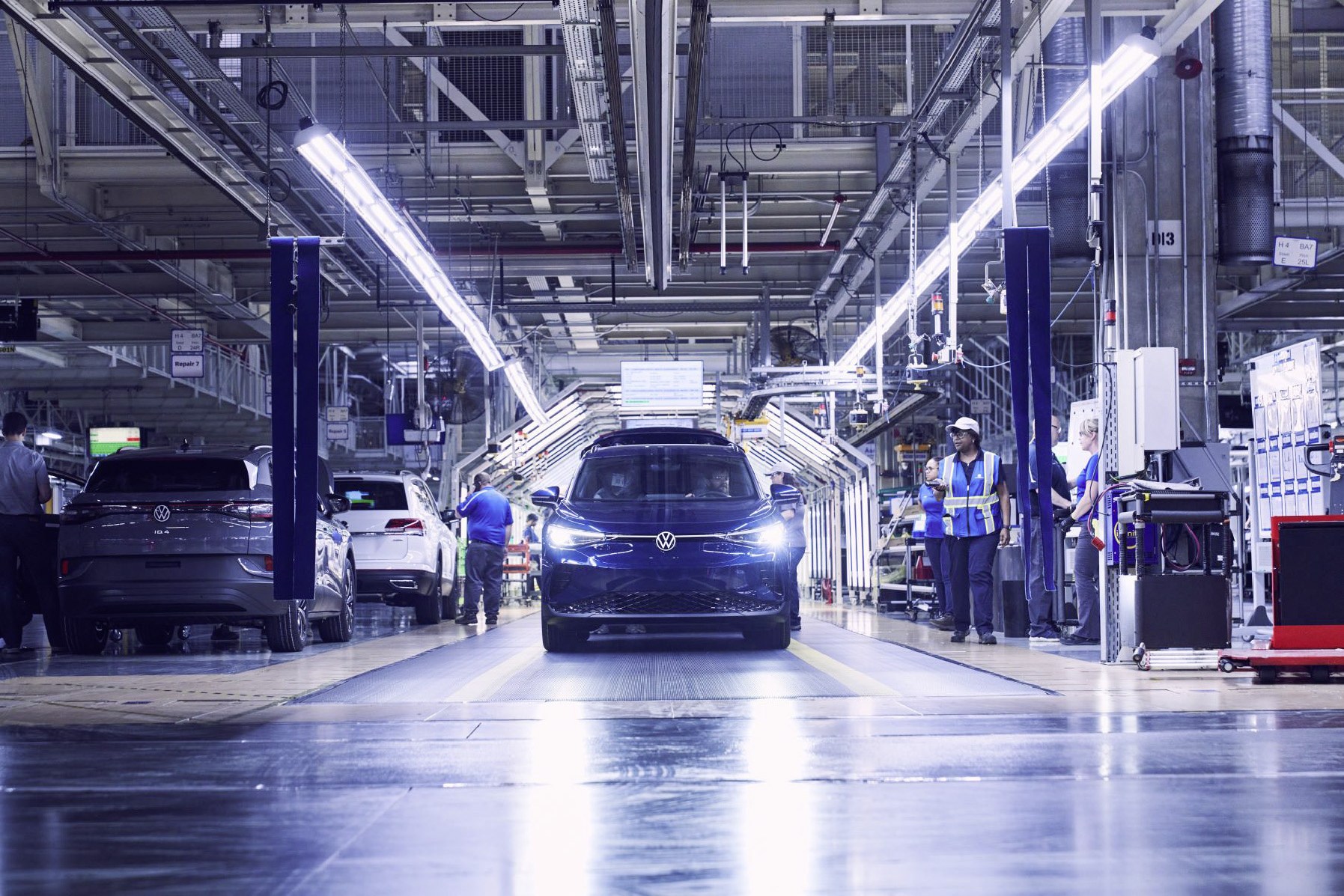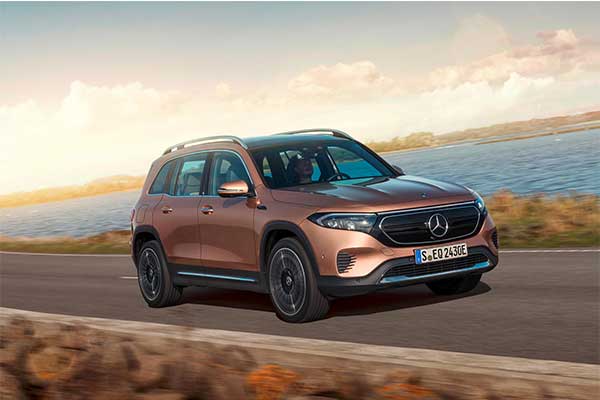In the first quarter, both Mercedes-Benz and Volkswagen experienced a significant decline in sales and profits. The main culprit behind this downturn, as stated by both companies, is the subdued demand for electric cars. This trend is indicative of a slow start to the year, as noted by Arno Antlitz, the Chief Financial Officer of the Volkswagen Group.
The decline in net profit, exceeding a fifth for both manufacturers, is attributed not only to the lackluster demand for electric vehicles but also to heightened competition in the automotive market. Mercedes-Benz highlights consumer behavior, suggesting that potential buyers are delaying purchases in anticipation of newer models. Moreover, factors like inflation and central bank interest rate hikes are contributing to the overall decline in sales figures.

To counter this downward trajectory, the Volkswagen Group is aiming to introduce thirty new models or variants across its various brands, including Seat and Audi. Despite this strategy, Mercedes remains cautiously optimistic about growth prospects, foreseeing continued weakness in car demand throughout the year.
While Volkswagen faces challenges in traditional car sales, its investments in Chinese electric car manufacturers are proving beneficial. Sales of these brands, in which Volkswagen holds a stake, increased by 6 percent, significantly impacting the group’s overall sales figures. Notably, Volkswagen’s partnership with Xpeng, a Chinese electric car company, exemplifies its commitment to the electric vehicle market, with joint development efforts yielding promising results.

